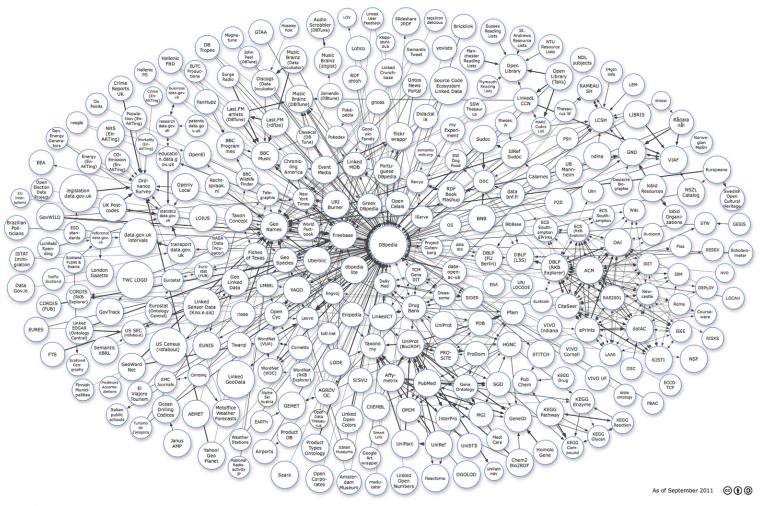Cloud Computing, Cybersecurity, Uncategorized
2014 was a banner year for high-profile security breaches. The Sony hack, big box store data breaches, and the rumblings of problems at the federal government’s Office of Personnel Management all contributed to a problematic year for IT, business and government leaders.
Many of these breaches stemmed from inadequately protected on-premise systems, but what’s been going on with cloud security? For answers look no further than DLT partner, Alert Logic’s newly released 2015 Cloud Security Report.
IT Perspective
Are you concerned that your agency’s federal year-end spending spree can lead to the wrong buying decisions? Federal CIO, Tony Scott, is.
“That’s just a really bad way to run IT,” said Scott at the Digital Government Institute’s 930Gov Conference in Washington, D.C. in late August.
With a background in the commercial sector (VMware, Microsoft and Disney), Scott is just getting used to the busy federal buying season that culminates in September, and he’s not liking it.
IT Perspective, Uncategorized
Government agencies are under increasing pressure to move to more agile development and operational methodologies. But what does this mean for existing legacy environments? Actually, agile development and operational methodologies can be achieved in legacy environments. The answer to this problem is rooted in IT automation, which serves three purposes:
Cybersecurity, Uncategorized
Insider threats are a persistent problem for government agencies and it’s no longer an IT problem. According to DailyCaller.com, 21% of breaches can be traced back to security indiscretions by federal workers (although other source point to the number being as high as 50%).
So it’s no surprise that preventing and mitigating these threats was a hot topic at this year’s Symantec Government Symposium in Washington, D.C.
Data & Storage, Uncategorized
In today’s data intense environments, business and government agencies collect unprecedented amounts of data. It’s estimated that more than 50% of this data can be classified as confidential. This sensitive, personal, financial, and health information is protected by several industry and governmental data privacy regulations, such as HIPPAA, PCI DSS, GLBA, and European Privacy Laws. Failure to keep this data secure can impact your organization immensely.
Data & Storage, Uncategorized
The U.S. government has spent years accumulating data sets – ranging from tax records, satellite imagery, census data, and more (up to 2.63 petabytes in the federal government alone).
Unlocking the potential of that data is a huge priority for many agencies, and gives the opportunity to discover hidden insights and improve mission effectiveness. Whether that means spotting fraud, improving regulatory oversight, optimizing business travel, or providing more effective citizen services.





